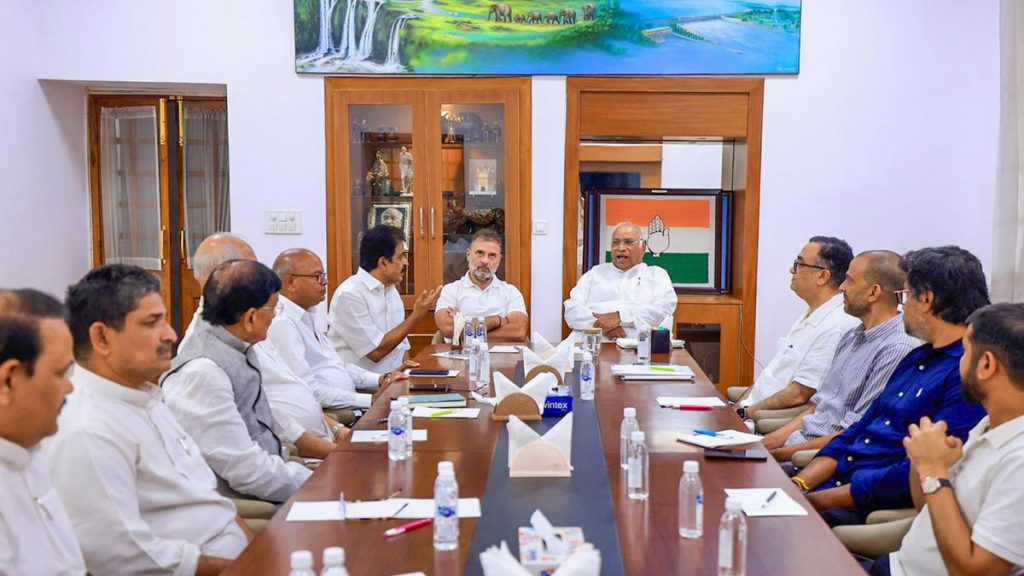Now Reading: Sitharaman Calls for Speedy Action on GCC Growth at CII Summit
-
01
Sitharaman Calls for Speedy Action on GCC Growth at CII Summit
Sitharaman Calls for Speedy Action on GCC Growth at CII Summit

Quick Summary
- Event: Finance Minister Nirmala sitharaman addressed the CII Global Capability Center (GCC) Summit in Delhi.
- key Message: Urgent action across Union adn state governments is needed to accelerate India’s GCC growth and maintain its competitive advantage.
- Data Highlights:
– India’s GCC sector employs around 2.16 million professionals, with a 11% CAGR over five years; expected to grow to 2.80 million by 2030.- GCCs contribute $68 billion in direct gross value addition (~1.6% of GDP), which could rise to $150-$200 billion by 2030.
- Trends: High-value engineering R&D GCCs are growing faster than the sector average, and India hosts approximately one-third of Fortune 500 companies’ GCCs.
- Cost Edge: Talent costs in India are 30-50% lower than in developed nations; STEM talent pool constitutes a notable global share (32%), with notable female participation at ~42.7%.
- AI and Skilling Push: Sitharaman underscored India’s leadership in AI skills penetration as 2016, citing government initiatives like IITs/IIITs for AI research, PM Kaushal Vikas Yojana, and efforts reaching tier-2 & tier-3 cities for skilling.
Indian Opinion Analysis
India’s rapid expansion of Global Capability Centres reflects its growing stature as a hub for high-value global outsourcing-not just cost arbitrage but also cutting-edge innovation such as engineering R&D and AI advancement.however,challenges include scaling support mechanisms across states while attracting new investors from Fortune Global lists beyond existing partnerships.
The emphasis on coordinated governance frameworks suggests that unlocking district-level efficiency can be pivotal for sustained growth. Given projections showing significant economic contributions from GCCs by the end of this decade ($150-$200 billion), timely policy synergy between central reforms and state implementation could be transformative.
India’s emerging leadership role in AI skills penetration further hints at potential breakthroughs that align with global tech trends-a promising prospect if integrated effectively into urban planning extending beyond tier-one cities. Gujarat’s GIFT City model exemplifies how infrastructure plus favorable regulatory environments can catalyze industrial sub-sectors like financial services STEM education hubs.
Read More here.

























